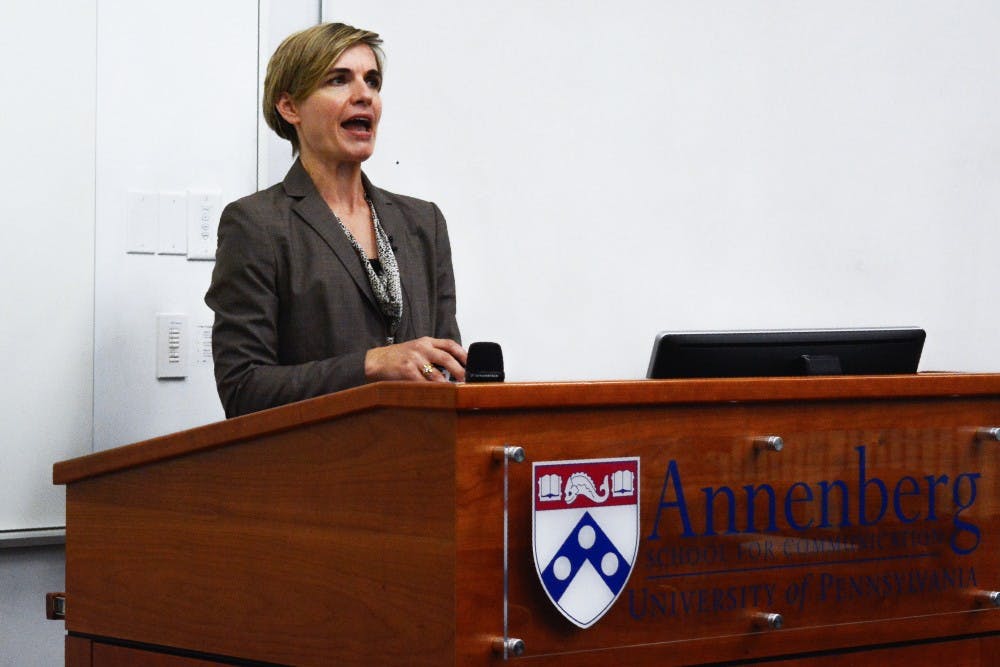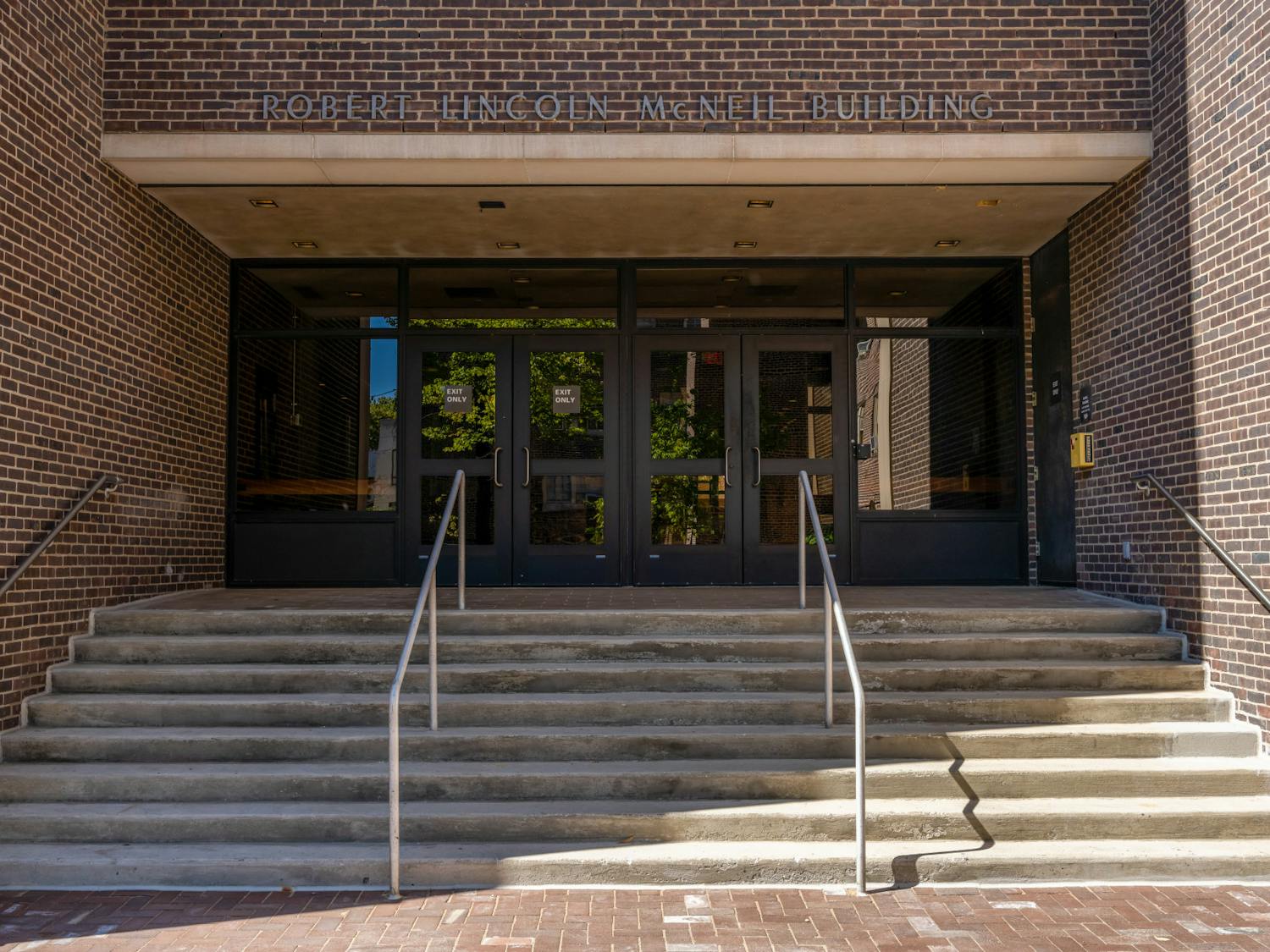Seton Hall University School of Law professor Margaret Lewis criticized human rights protection in China at an Annenberg event on Wednesday evening.
The event, hosted by the Center for the Study of Contemporary China, focused on China’s adherence to the International Covenant on Civil and Political Rights, a treaty adopted by the United Nations in 1966. China signed the ICCPR in 1988, but has not yet ratified it. In her talk, Lewis asserted that the international community should urge China to unsign the treaty.
According to the ACLU, the ICCPR ensures protections for civil and political rights, including freedom of speech, religious freedom, and freedom from arbitrary detention. Along with other international declarations, the ICCPR, is considered part of the International Bill of Human Rights.
Lewis, who specializes in criminal justice and human rights in China, argued that in the 21 years since China signed this treaty, they have done nothing to indicate that they are making an effort to ratify it or follow its guidelines. Lewis cited the Universal Periodic Review as evidence that China is "moving in the wrong direction" when it comes to protecting the political and civil rights of its citizens. The UPR, which is published by the United Nations Human Rights Council, reports on the state of human rights in all UN member states.
The country was actively decreasing the number of executions, according to UPR's first report of China in 2009. But in UPR's 2018 report, Lewis said there was a weakening of civil rights under the control of China's President Xi Jinping.
Lewis spoke of mass detention, mass disappearances of rights lawyers, increased tightening of freedom of expression, decreased access to the internet, along with a host of other limitations.

The event focused on China’s adherence to the International Covenant on Civil and Political Rights, a treaty adopted by the United Nations in 1966.
In telling China to leave the ICCPR, Lewis said the international community would send a message that certain core values are non-negotiable. She also said it would send a message to China and other countries that the world is looking closely at their actions.
RELATED:
John Kerry and other global leaders talk climate change, Iran, and AI at Perry World House
Amid Hong Kong protests, Penn Abroad releases advisory for students to stay on campus
Lewis argued that it is difficult to know what exactly is happening in China because of the opacity of its government. She said that she would appreciate an increase in transparency so that researchers like her could enter criminal trials and examine the criminal justice system.
After discussing her critique of the Chinese government, Lewis opened the floor to questions and comments from the audience.
Professor Neysun Mahboubi, a research scholar at the CSSC, disagreed with Lewis’ approach to China and the ICCPR. Mahboubi said that in a "post-truth world," if other countries called on China to unsign the treaty, it could lead to a political debate over who has the power to govern human rights.
“Maybe this [approach] wouldn’t work," Lewis said. "But at least we would be taking more concrete steps."









